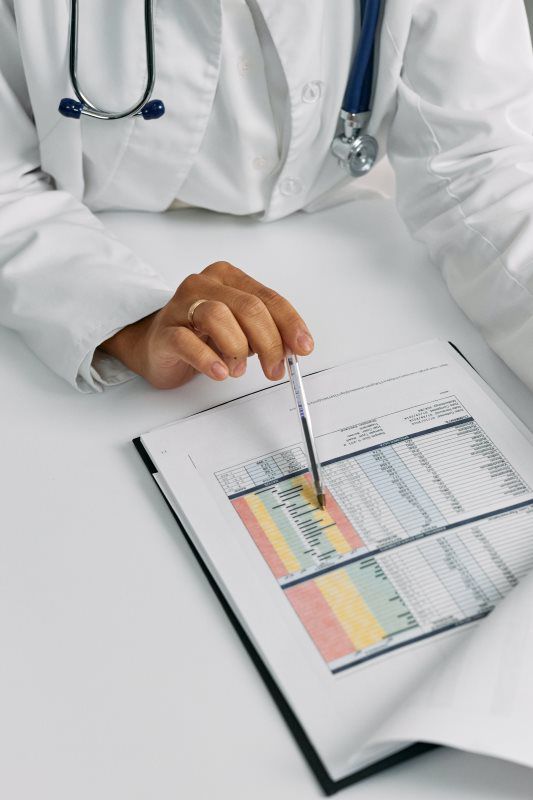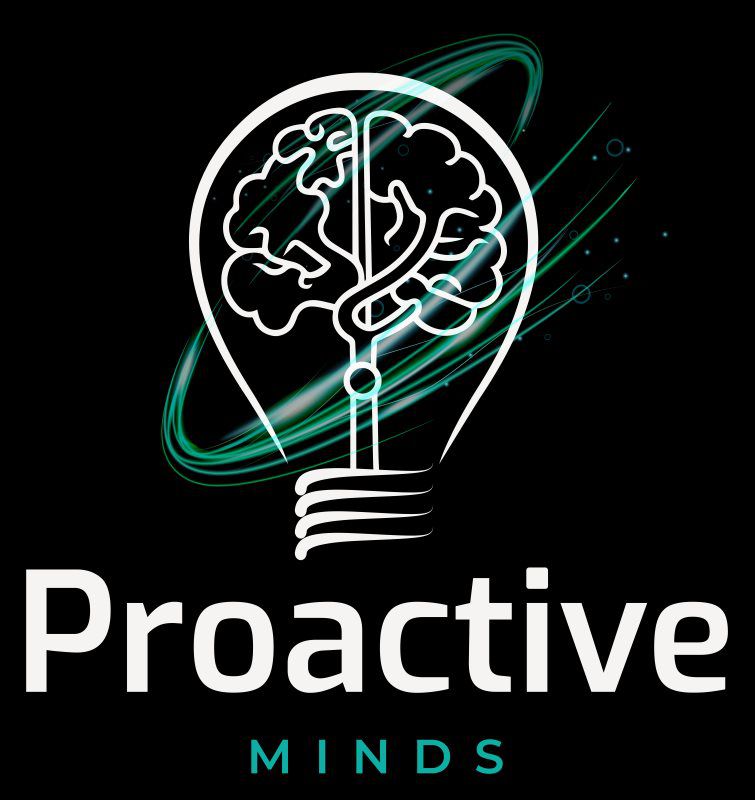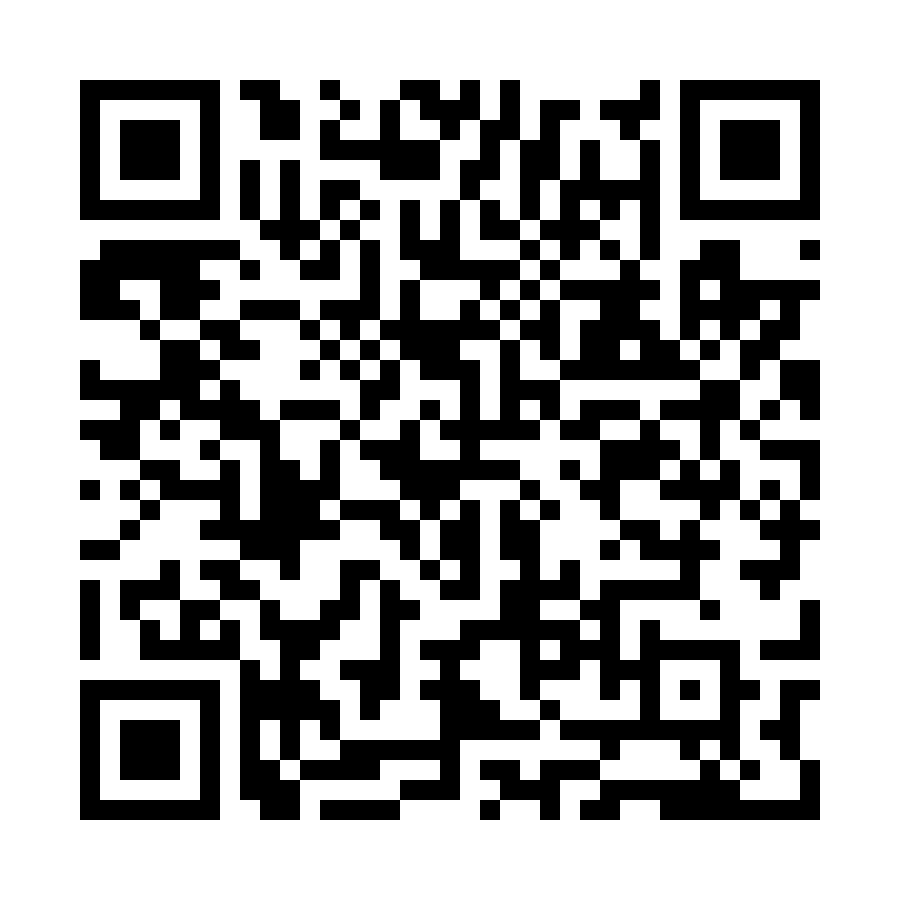Anxiety
Anxiety disorders are conditions in which you experience persistent anxiety that might worsen over time. Symptoms might make it difficult to do things like work, schoolwork, and maintain relationships.
Understanding the Characteristics of Anxiety
An anxiety disorder is a complex and pervasive mental health condition characterized by excessive and often uncontrollable worry, fear, or apprehension. Unlike ordinary concerns or stress, anxiety disorders involve heightened and prolonged states of distress that impact various aspects of an individual's life. These disorders can manifest in diverse ways, from specific phobias and social anxiety to generalized anxiety disorder (GAD) and panic disorder. Individuals with anxiety disorders may experience a range of physical, emotional, and cognitive symptoms, such as muscle tension, racing thoughts, and persistent fears. Importantly, these symptoms often go beyond what one might consider a normal response to stress, significantly affecting daily functioning, relationships, and overall well-being.
Excessive Worry
Individuals with anxiety often experience persistent and excessive worry about various aspects of life, such as work, relationships, or health.
Physical Symptoms
Anxiety can manifest physically, leading to symptoms like restlessness, muscle tension, increased heart rate, sweating, and trembling.
Cognitive Symptoms
Anxious thoughts may involve fear of the future, anticipation of negative events, or a sense of impending doom. This can lead to difficulty concentrating and racing thoughts.
Behavioral Changes
Anxiety can influence behavior, leading individuals to avoid certain situations or engage in repetitive behaviors as a way of coping.
Emotional Impact
Anxiety is associated with heightened emotional responses, including feelings of apprehension, irritability, or a sense of being on edge.
Different Types of Anxiety Disorders
Effective treatment for anxiety often involves a combination of psychotherapy (such as cognitive-behavioral therapy), medication, and lifestyle adjustments. Seeking professional help is important for a comprehensive assessment and personalized treatment plan.
Generalized Anxiety Disorder (GAD)
Generalized Anxiety Disorder (GAD) is a chronic and pervasive anxiety disorder characterized by excessive and uncontrollable worry about various aspects of life.GAD significantly impacts daily functioning and may manifest with physical symptoms, affecting overall well-being.
Panic Disorder
Panic Disorder is marked by recurrent and unexpected panic attacks, sudden episodes of intense fear or discomfort. Individuals often live with the constant fear of experiencing future attacks, leading to significant behavioral changes and a heightened state of anxiety.
Social Anxiety Disorder
Social Anxiety Disorder is characterized by an intense fear of social situations, often stemming from a fear of judgment or embarrassment. Individuals with social anxiety may avoid social interactions, leading to significant impairment in personal and professional aspects of life.
Specific Phobias
Specific Phobias are a type of anxiety disorder characterized by an intense, irrational fear of a specific object, situation, or activity. Unlike general anxiety, which may be more diffuse, specific phobias are highly focused and trigger severe anxiety when encountered.
Obsessive-Compulsive Disorder (OCD)
OCD is characterized by persistent, intrusive thoughts and repetitive behaviors or mental acts aimed at alleviating anxiety. Individuals with OCD may feel compelled to perform these rituals despite recognizing their irrationality, impacting daily life and causing significant distress.
PTSD Anxiety
PTSD anxiety is characterized by heightened and persistent anxiety symptoms resulting from past traumatic experiences. Individuals with PTSD may endure intrusive memories, flashbacks, and overwhelming fear, significantly impacting their mental and emotional well-being.
Are You Experiencing Anxiety Symptoms?
If you're navigating the challenges of anxiety, you're not alone. At Proactive Minds, we understand the impact anxiety can have on your well-being. Our compassionate team of mental health professionals is here to offer support and guidance tailored to your unique needs. Whether you're experiencing persistent worry, tension, or other anxiety symptoms, we provide a safe space for exploration and healing. With a focus on evidence-based approaches and personalized care, we strive to empower you on your journey toward managing and overcoming anxiety. Take the first step toward a calmer, more resilient you by exploring the range of mental health solutions available at Proactive Minds.
Persistent Worry and Excessive Fear
Individuals with anxiety often experience ongoing, intrusive worries and intense fears, even in mundane situations.
These concerns may be disproportionate to the actual threat, impacting daily life.
Physical Manifestations
Increased Heart Rate: Feeling palpitations or a rapid heartbeat, even in non-stressful situations.
Trembling: Uncontrollable shaking or trembling of the hands or other parts of the body.
Sweating: Profuse sweating, especially in situations that may not warrant it.
Gastrointestinal Discomfort: Symptoms like nausea, stomachaches, or digestive issues.
Physical Symptoms
Restlessness: A sense of unease and the inability to relax or sit still.
Muscle Tension: Physical tightness and discomfort in muscles, often leading to headaches or body aches.
Fatigue: Feeling constantly tired, even after adequate rest.
Cognitive Symptoms
Racing Thoughts: A constant flow of rapid and overwhelming thoughts, making it difficult to focus on tasks.
Overwhelming Dread: A pervasive sense of impending doom or fear without a clear cause.
Difficulty Concentrating: Challenges in maintaining attention and processing information effectively.
Sleep Disturbances
Difficulty Falling Asleep: Individuals may struggle to initiate sleep due to racing thoughts or heightened alertness.
Difficulty Staying Asleep: Waking up frequently during the night and experiencing challenges returning to sleep.
Social Avoidance
Impact on Daily Functioning: Social, work, or personal life may be affected as a result of avoiding anxiety-inducing situations.
Fear-Driven Avoidance: Individuals may avoid certain situations or places due to excessive fear or anxiety.
Helping Organizations and People Thrive
Proactive Minds employs a range of strategies to effectively support patients dealing with anxiety through telemedicine. By leveraging this approach, we overcome geographical barriers, increase accessibility to mental health services, and provide comprehensive support for individuals coping with anxiety. Prioritizing privacy and security in the delivery of telehealth services ensures a confidential and supportive environment for our patients. Proactive Minds will use the available methodologies in order to best serve the patients unique needs. Some of the following ways we can support you or your loved ones anxiety are:
Teletherapy Sessions
Conduct individual sessions through video conferencing platforms. Teletherapy allows therapists to provide counseling, cognitive-behavioral therapy, and other evidence-based interventions to address anxiety.
Virtual Support Groups
Establish virtual support groups where individuals with similar anxiety concerns can connect, share experiences, and receive support from both mental health professionals and peers.
Online Psychoeducation
Providing our patients to educational resources to provide information about anxiety, coping strategies, and self-help techniques. This empowers individuals to better understand and manage their anxiety.
Digital Mental Health Apps
Recommend or integrate mental health apps that offer guided meditation, relaxation exercises, and tools for managing anxiety. These apps can be a valuable complement to traditional therapy.
Remote Monitoring
Utilize technology to remotely monitor and assess anxiety symptoms. Regular check-ins via video calls or secure messaging platforms can help therapists track progress and adjust treatment plans as needed.
Telepsychiatry Services
Provide psychiatric consultations and medication management through telepsychiatry. This allows individuals to access medication support for anxiety remotely.
Secure Messaging Platforms
Establish secure messaging platforms for asynchronous communication between patients and mental health professionals. This can facilitate ongoing support, clarification of doubts, and the provision of coping strategies.
Virtual Relaxation Techniques
Teach and guide patients through virtual sessions of relaxation techniques, mindfulness, and stress reduction exercises that can be practiced at home.
Care Coordination
Collaborate with primary care physicians or other healthcare providers to ensure a coordinated approach to the patient's overall well-being, addressing any physical health concerns that may contribute to anxiety.
Remote Crisis Support
Establish protocols for remote crisis intervention and support, ensuring that patients have access to help during challenging times.







